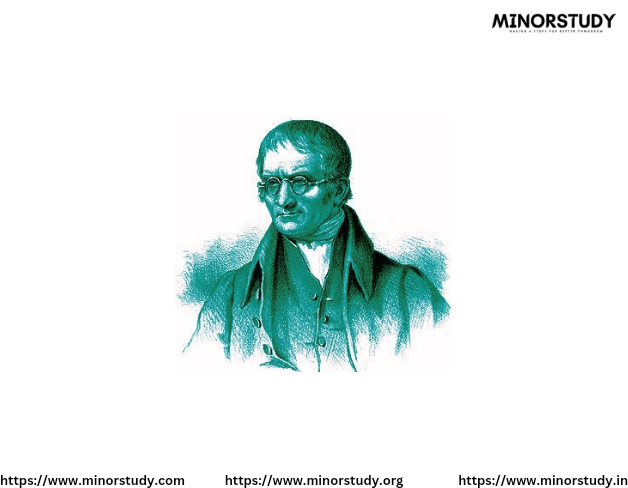Katherine Freese
- Minorstudy Web blogs
- Dec 6, 2024
- 3 min read

Katherine Freese is a prominent theoretical astrophysicist and cosmologist, known for her contributions to the understanding of the early universe, dark matter, and cosmology. She has made significant contributions to the field, particularly in the areas of dark matter detection and understanding the formation and evolution of the cosmos.
Early Life and Education:
Katherine Freese was born in Canada and completed her undergraduate degree in physics from McGill University.
She went on to earn her PhD in Physics from Princeton University, where she began focusing on theoretical astrophysics, including cosmology and the search for dark matter.
Key Contributions:
1. Research on Dark Matter:
Freese has been a leading figure in the study of dark matter, a mysterious substance that makes up about 27% of the universe's mass-energy content but cannot be observed directly with current instruments. Her work has focused on the theoretical aspects of dark matter and its role in the formation of galaxies and the structure of the universe.
One of her significant contributions is her work on the WIMP (Weakly Interacting Massive Particles) theory, which proposes that dark matter is made up of particles that interact weakly with regular matter. Freese has studied the possible detection of these particles, which would provide insight into the composition of dark matter.
2. Theoretical Models of the Early Universe:
Freese has also contributed to theories about the formation of the universe. She has worked on the Big Bang theory, focusing on the early stages of the universe and the evolution of cosmic structures.
Her research into how dark matter and dark energy influence the formation of galaxies and the large-scale structure of the universe has provided important insights into cosmology.
3. Dark Matter Detection:
A major part of Freese's work has been dedicated to the search for dark matter, particularly developing methods to detect dark matter particles.
She has been involved in several collaborations related to experimental efforts to detect WIMPs and other possible candidates for dark matter, including underground detectors and space-based experiments.
Academic and Professional Achievements:
Freese is a professor of Physics at the University of Michigan, where she has taught and mentored numerous students in astrophysics and cosmology.
She has authored several influential papers on dark matter and cosmology and is highly regarded in the academic community for her ability to simplify complex topics in theoretical physics for broader audiences.
Recognition and Legacy:
Freese’s work has been recognized by numerous academic and professional organizations. She is widely cited in the field of cosmology, and her research on dark matter continues to influence the direction of theoretical physics and astrophysics.
She has been involved in various scientific outreach efforts, communicating her research to the public through lectures, books, and articles.
Quotes:
"The mystery of dark matter is one of the most exciting puzzles in all of science. Solving it will open the door to a deeper understanding of the universe and our place in it."
"We don’t know what dark matter is yet, but that’s why it’s so fascinating. It’s an unknown, and as scientists, we’re driven to uncover the unknown."
Significance:
Katherine Freese's contributions to cosmology, particularly her work on dark matter, have been vital in shaping our current understanding of the universe. Her theoretical research and involvement in experimental efforts to detect dark matter have positioned her as a key figure in the ongoing quest to understand the fundamental components of the cosmos. Freese’s ability to engage with both the scientific community and the public has helped inspire interest in astrophysics and cosmology.











Comments